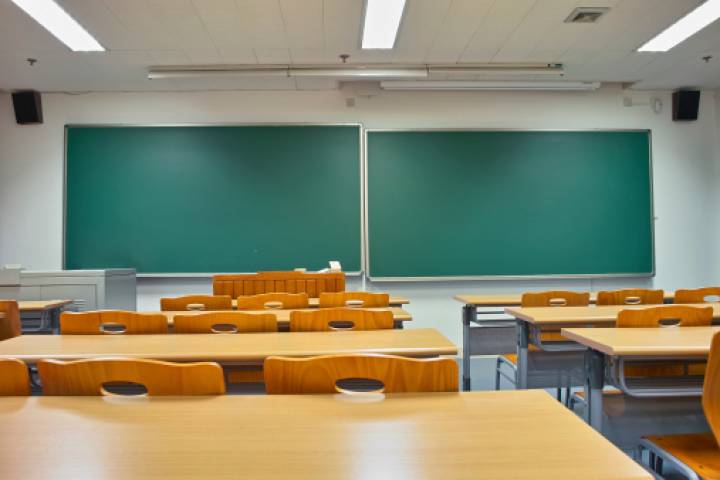TORONTO – Funding special education for First Nations students from reserves in Ontario needs to be completely overhauled to provide stability and predictability, a report released Tuesday concludes.

The federally-funded report, which flows from a human-rights challenge launched in 2009, says the federal government must end its practice of “arbitrary and capped” funding.
“A new model is needed that is bottom-up, holistic, uncapped, flexible, eligible for carry-over between years, and indexed,” the report recommends.
“A binding legal guarantee of adequate and equitable funding is critical to ensuring funding adequacy.”
The document is the result of a human-rights case launched by the Mississaugas of the New Credit First Nation over what it called inadequate special education services for children living on reserves in the province. The case is on hold while First Nations and both levels of government try to devise solutions to the problems. An advisory body of the Chiefs of Ontario and Indigenous and Northern Affairs Canada helped gather information for the report.
In all, report author Peter Garrow, a veteran advocate and First Nations education expert, makes 27 recommendations to both the federal and Ontario governments, drawing on information from previous studies and organizations across Ontario.

Get breaking National news
READ MORE: Failing Canada’s First Nations children
For decades, he says, indigenous children with special needs have not received the services they need, with many falling through the cracks. However, Garrow says, the federal government has now committed to ending the chronic underfunding of the First Nations education system and to work with Aboriginal Peoples to address the issues.
- Carney unveils ‘Buy Canadian’ defence plan, says security can’t be a ‘hostage’
- Canadian immigration officers investigating hundreds identified by extortion task force
- ‘Canada can broker a bridge,’ Carney says on new trading bloc efforts
- Inflation cooled to 2.3% in January but food prices up again: StatCan
“Now that there is momentum and a commitment to change,” the report states, “it is incredibly important that these issues finally be addressed.”
Among other things, the report urges more money for students in northern and isolated communities, where access to special-education staff and specialists is an especially serious problem.
READ MORE: Reserve schools failing Canada’s aboriginal students: study
Beyond money for salaries, finding qualified personnel will also require funding for training local people to become special-education staff and specialists – preferably without taking them away from their communities for extended periods, the report says.
About one-third of on-reserve students attend provincially funded schools. The report calls for changes in Ontario legislation to cap fees school boards can charge for special-education services, and to guarantee that the First Nations pupils get the same access to services as other students.
“Ontario could make a huge and positive difference with just a few tweaks to its education regulations (and) this can happen before our kids go back to school in September,” the report states. “Big progress can be made in just a few months if the governments make this a priority.”
READ MORE: Human Rights Tribunal finds Ottawa discriminated against First Nations children
Garrow says it’s important government officials acknowledge that the education gaps are large and the current system flawed in light of past racist and assimilationist policies, including those that underpinned the residential school system, and decades of neglect.
Mississaugas of the New Credit First Nation Chief Stacey LaForme called the Garrow report a sign of hope.
“This is a good example of the good things that can happen when the government works with First Nations, not against us,” LaForme said in a statement.
“We are focusing on solutions and on taking action now.”
In another, but similar, case last year, the Canadian Human Rights Tribunal found the government was discriminating against First Nations children by providing inferior levels of service to them.







Comments
Want to discuss? Please read our Commenting Policy first.